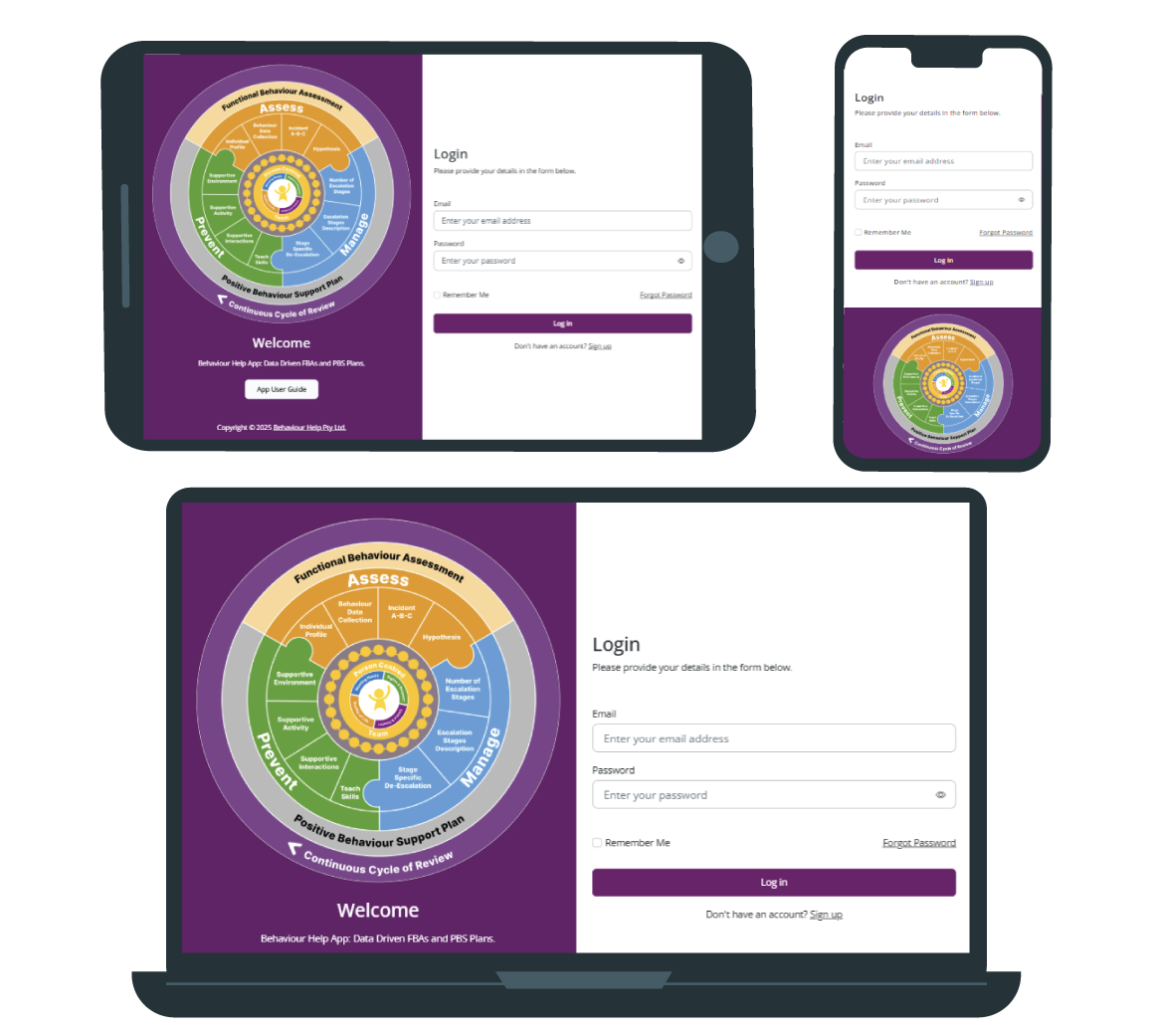Students with emotional and behavioural difficulties in particular may benefit from a more direct and varied approach to providing opportunities for making choices. Students with Autism Spectrum Disorder, Anxiety and Attention Deficit Hyperactivity Disorder can become overwhelmed, stressed and anxious if constantly asked to make a choice or if offered too many choices at one time. To avoid putting students in this state and to prevent possible escalation, we may be inclined to make a choice for them or to remove the choice-making opportunity altogether, but this can be detrimental to their development of critical choice-making skills. By taking an informed approach to providing opportunities for making choices, we can facilitate the development of choice-making skills by giving students a safe level of control without overwhelming them.
The Model of Choice Diversity (Brown, Belz Corsi & Wenia, 1993) discusses seven categories of choice that are available in any situation. The aim is not offer a student all seven choices at once, but to use the different categories to identify opportunities throughout the day for offering meaningful choices to our students.

For students with Autism Spectrum Disorder, Anxiety and Attention Deficit Hyperactivity Disorder it is important to represent options visually (e.g. objects, photos, pictures or written words) to help them communicate their choices. Download the free resource Using Visual Communication Systems to Promote Communication for more information on how to create these choice boards and other visual strategies.

Introducting...The Behaviour Help App
Your All-in-One AI Tool for FBAs and PBS plans
You’re doing important work. That’s why we built the Behaviour Help App — to make it easier to track behaviour trends, identify patterns, and develop meaningful, person-centred strategies.
